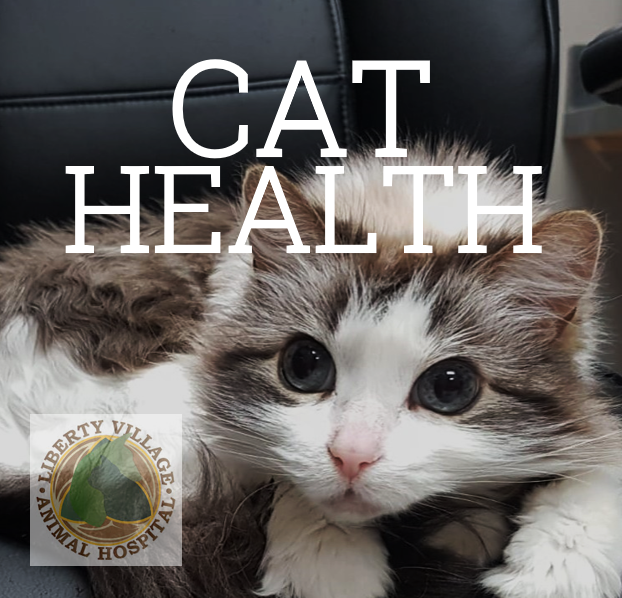We hear it so often in the office when someone brings in an older cat or dog: “She was doing fine until the end of last week, but then over the weekend she just stopped eating and drinking, and I don’t think she’s moved from her bed in the corner for at least 24 hours now. What happened? What symptoms did I miss?” Even the best pet parents can end up feeling guilty because they think maybe they weren’t paying enough attention until their animal is seriously ill. But the truth is that cats and dogs are remarkably good at hiding pain and even serious illness. Most experts think this is a holdover from their days as wild animals, where exhibiting weakness would make them a target for predators, and it’s probably also that, unlike humans, pets don’t reflect on (or worry about) what a new pain or symptom means…
Tag: older cats
Copyright © 2025 — Primer WordPress theme by GoDaddy

